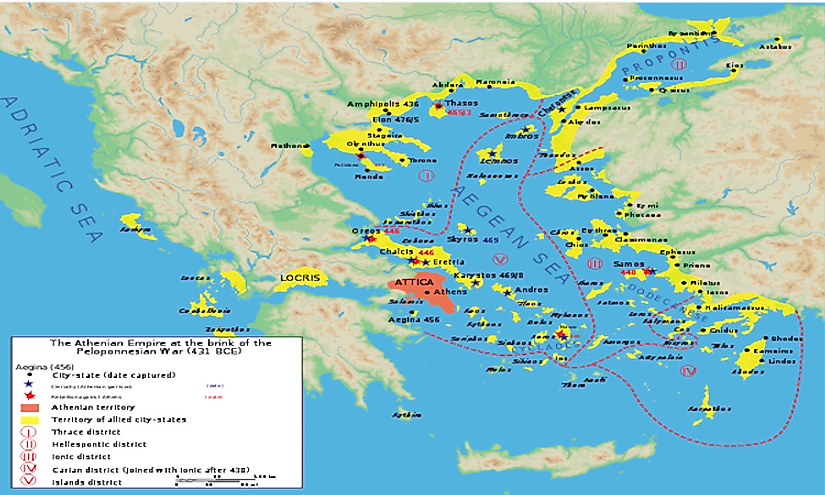What Is A Thalassocracy?

A country or a nation is considered powerful by the size of its army and the ability to defend itself against the external armies and aggressors. Over the years, countries have had to evolve and develop their power structures as a way of maintaining their sovereignty and overcoming any threat. The political structures including the constitution and the model of government play an important role in securing and protecting a country.However, a state may also take control over a large area shared by two or more countries such as the sea, the air, disputed land area, and ocean. Most of these countries deploy part of their army to control and manage their areas of jurisdiction such that other countries have to seek permission to access such places. One of such system of dominance is referred to as thalassocracy.
Overview Of Thalassocracy
Thalassocracy is a combination of words derived from the Greek language which translates to “rule of the sea.” The term is used to refer to states and nations that control or have dominion over a large expanse of sea or have a naval supremacy either in a commercial or military sense. A Thalassocracy is, therefore, a state which uses its naval army to assert its power and unite together all the separated water possessions. The word “Thalassocracy” was first used by Alfred Thayer in his book “The Influence of the Sea Power Upon History.” Mahan highlights the importance of sea power and set the pace for great naval army race which lasted beyond the World War I.Thalassocracy was used by the Ancient Greek for the first time to describe the type of government that was set up by the Minoan Civilization which depended on its navy for its power.
History Of Thalassocracy
The fist nation whose powers depended on its ship was probably the Crete followed by the Phoenicians who did not manage to assert its authority because of the lack of unity. Greece exhibited the major thalassocracy with the founding of many colonies. However, Greek could also not hold on to the powers because it could not hold its colonies together. The other state that heavily depended on sea power was the Carthage. The Carthage asserted their dominance over the sea by defeating the Romans in the Second Punic War destroying their fleets in the process. The Romans, on the other hand, turned Mediterranean into their possession. The British dominance at sea was established during the Seven Year War that was fought from 1756 to 1763. British dominance was over the sea was propelled by their commercial culture and the industrial revolution. The Dark Ages saw many coastal cities of the Mezzogiorno develop into Thalassocracies whose power was derived from the port and the ability of the navies to sail and defend their territories. In the Age of Exploration, many Thalassocracies emerged, particularly in Europe with several nations establishing their colonial empires held together by the naval powers. Some of the empires established during the age of exploration include the Portuguese, British, Dutch, and the Spanish.
The Fragility Of Thalassocracy
The World War I revealed the fragility of the Thalassocracy in a way that had not been anticipated in history. Both the British and the German armies expected victory over each other by destroying fleets that supplied each camp. However, for fear of losing the war, both armies retreated to developing armies that could fight on land and not sea. Weak labor force participation like in the case of Saudi Arabia has also exposed the fragility of the Thalassocracy. Countries failing to unite their colonies have always been at risk of failing to hold on to the Thalassocracy powers











